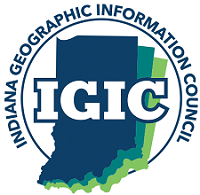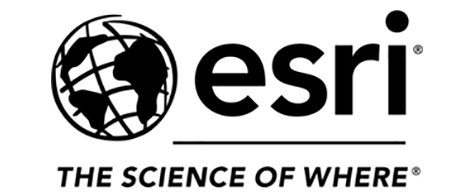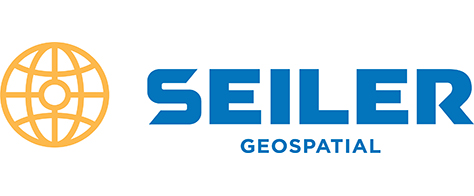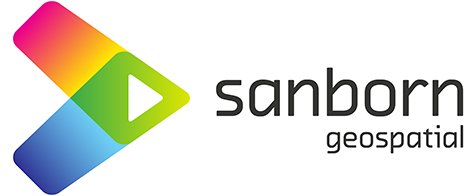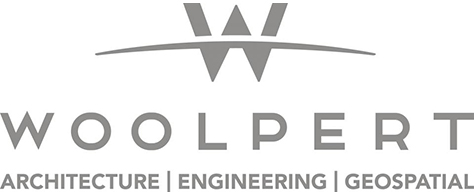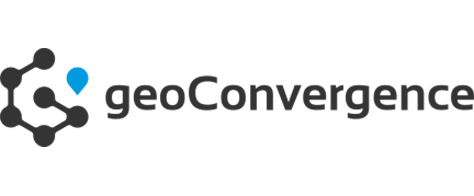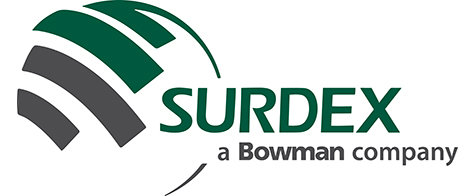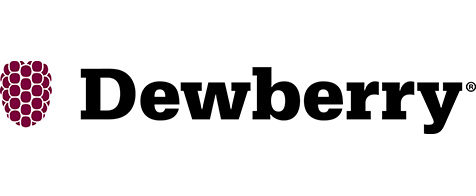- Home
- 2024 GIS Conference
- About Us
- Membership
- Events
- Resources
- Discussion Forums
|
|
| Stardust 2 | Stardust 5 | Stardust 3 | Stardust 6 | |
| 9:00 am-Noon CT |
Python for Beginners: |
Cancelled: High-Resolution Geomorphic Change Along the Lake Michigan Coastline |
Intro to Earth Engine in Python |
Using Drones in the Workplace |
| 1:00 pm-4:00 pm CT |
Introduction to QGIS |
Applying Social Science Data in Indiana |
Course Descriptions and Prerequisites
Python for Beginners: A Comprehensive Introduction
Ben Bond, GIS Developer, Topoworks/City of Indianapolis-Marion County
The Python ecosystem can be extremely daunting, it can seem impossible to even figure out where to start. Using ArcGIS Pro and Jupyter notebooks, this workshop will walk you through all the basics of Python. Starting with different data types, migrating over to operations and loops, and ending with functions and importing modules. This workshop is for everyone, whether you have never looked at a line of code or have successfully converted a model to a python script.
Prerequisites: Participants are expected to bring their laptop and have the latest version of ArcGIS Pro installed (version 2.5 or better), or simply join us and take notes.
Ben has been working with Topoworks/Cultivate Geospatial and the City of Indianapolis/Marion County for a year. He received his Masters in GIS from Penn State and is the current president of NIGIC as well as the Northern Regional representative board member of IGIC. Ben has been working with Python for approximately 10 years.
Introduction to QGIS
Phil Bernard, Project Manager, Frontier Geospatial, LLC
Open Source GIS offers many tools that provide the same functionality and capabilities as commercial GIS tools. A big hurdle for using open source tools is getting over the learning curve of how to do the basics with the software. This course will get you over that hurdle and get you started using QGIS, a desktop tool that can complement or replace more expensive tools in your GIS toolbox. We will go over how to add data to your map, control symbology and labelling, create features, and more.
Prerequisites: Participants are expected to bring their laptop and have the latest version of QGIS installed, and sample data downloaded (download link will be provided to attendees in advance of the conference).
Phil has been working in GIS since the turn of the century and has worked with open source GIS for the last 12 years. He is also a FAA Part 107 licensed UAV pilot who has flown over four hundred missions.
Applying Social Science Data in Indiana
Kevin Mickey, Director, Professional Development and Geospatial Technologies Education, The Polis Center
Social science data is used to identify, analyze and mitigate social issues related to poverty, crime, climate change, health, education and more. This workshop explores where to find social science data and how to assess its potential as well as limitations. It explores how geospatial technologies can be leveraged to analyze, visualize and communicate what social science data can offer. In addition, it offers important guidance on how to avoid common mistakes when working with social science data. Workshop participants are encouraged, but not required, to bring a computer which they will use to explore various resources.
Prerequisites: Participants are encouraged to bring their laptop.
Kevin has more than three decades of consulting experience for multiple government, private sector, academic, and nonprofit organizations. He designs and instructs practitioner and academic courses on a variety of geospatial topics and technologies. His professional service roles include past IGIC board member, past president of URISA and current member of the National Visiting Committee of the National GeoTech Center of Excellence.
Intro to Earth Engine in Python
Qiusheng Wu, Associate Professor, University of Tennessee
This workshop provides an introduction to cloud-based geospatial analysis using the Earth Engine Python API. Attendees will learn the basics of Earth Engine data types and how to visualize, analyze, and export Earth Engine data in a Jupyter environment with geemap. In addition, attendees will learn how to develop and deploy interactive Earth Engine web apps with Python. Through practical examples and hands-on exercises, attendees will enhance their learning experience. Familiarity with the Earth Engine JavaScript API is not required but will be helpful. Attendees can use Google Colab to follow this workshop without installing anything on their computer.
Prerequisites: Participants are expected to bring their laptop. To use geemap and the Earth Engine Python API, attendees must register for an Earth Engine account and follow the instructions to create a Cloud Project. Earth Engine is free for noncommercial and research use.
Dr. Qiusheng Wu is an Associate Professor in the Department of Geography & Sustainability at the University of Tennessee, Knoxville. In addition, he holds positions as an Amazon Visiting Academic and a Senior Research Fellow at the United Nations University. Specializing in geospatial data science and open-source software development, Dr. Wu is particularly focused on leveraging big geospatial data and cloud computing to study environmental changes, with an emphasis on surface water and wetland inundation dynamics. He is the creator of several open-source packages designed for advanced geospatial analysis and visualization, including geemap, leafmap, and segment-geospatial. For a closer look at his open-source contributions, please visit his GitHub repositories at https://github.com/opengeos.
High Resolution Geomorphic Change Along the Lake Michigan Coastline
Jon-Paul McCool, Associate Professor of Geography, Valparaiso University
This workshop is focused on the use of multi-temporal LiDAR for detecting geomorphic change with a focus on the Lake Michigan shoreline in Indiana. We will focus on details associated with doing landscape change analysis using surface models derived from LiDAR. Participants will be provided with a handout for a field excursion that they can do on their own if interested, that would visit the locations studied.
Prerequisites: Participants are expected to bring their laptop and have ArcGIS Pro installed (version 3 or better, license level: advanced with spatial analyst extension).
Using Drones in the Workplace
Layne Young, ISA (retired)
A deep dive into the logistics, operations and legalities of using drones (UAS/V- unmanned aerial systems/vehicle).
Students will:
- Be part of a crew working with a licensed Part 107 Pilot and take part in a local Ortho mission
- Study, test and receive the FAA Recreational Certificate (TRUST)
- Discuss the ins and outs of acquiring, owning and operating a UAS resource.
- Discuss taking the Part 107 test.
- Improve UAS literacy.
Workshop Flow
- Orientation and safety
- Divide in teams and fly local missions
- Debrief mission
- Classroom material
Prerequisites: Participants will be required in advance to obtain their own park entrance pass from the visitor's center for entry into the State Park or National Lakeshore (TBD). This morning portion will involve walking a sandy trail to get to the shore -- participants should be dressed accordingly for a sandy hike over uneven terrain. Those with drone experience may lead a mission if they posses a Part 107 license. Participants are expected to bring their laptop (PC or Mac) for the afternoon session (indoors).
Layne is a GIS evangelist and has been involved with IGIC for over 20 years. Layne is now retired from Indianapolis/Marion County (for 37 years) where he provided IT services to many local agencies and departments to include the GIS Team & Information Services Agency. Layne has his FFA Part 107 sUAS remote pilot certificate.
